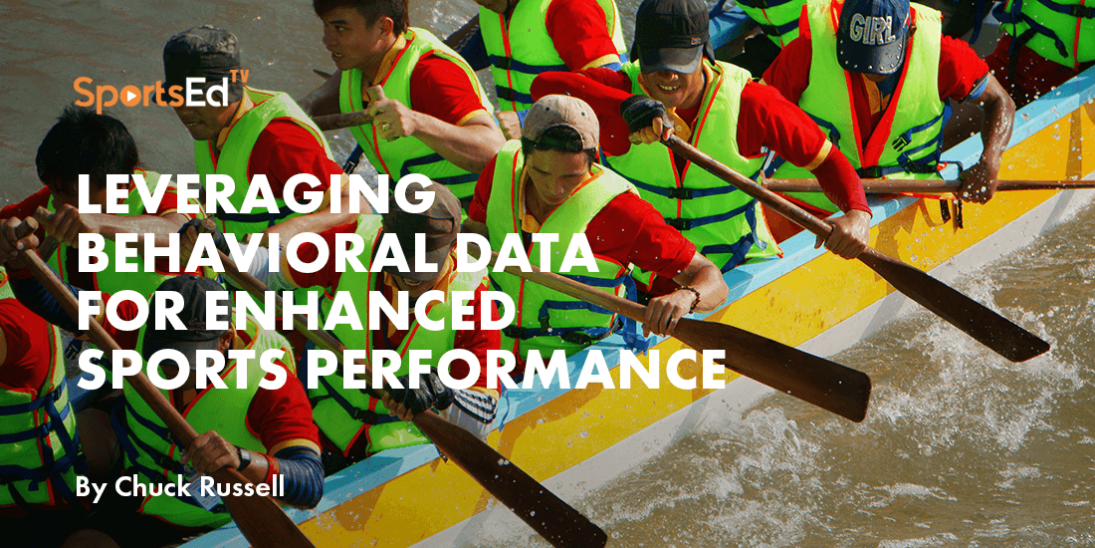Mental Toughness, Psychology
Welcome and thanks for visiting...

Leveraging Behavioral Data for Enhanced Sports Performance

The growth of data analytics has transformed the world of sports. Technology has enabled the analysis of each motion within each sport. Diets have been analyzed and optimized for individual types of athletes. Fitness training has been refined to a fantastic degree, enabling performance levels never seen before. However, the foundation upon which each athlete’s performance depends has scarcely been touched.
The Immutable Nature of Personality in Athletic Performance
Every human being has personality traits that are effectively hard-wired. They are generally established in the early teens and effectively do not change with coaching, training, or motivation. In every sport, these traits affect training and performance. Sometimes, they explain victories, and sometimes, they explain losses. When they are known and understood, they can be a decisive advantage for players and coaches.
Historical Context: Psychological Testing in Sports
Ironically, sports was an early adopter of psychological testing. Simple intelligence tests were common at the NFL Combine. This was important as the game of professional football became increasingly complex with its plays and strategies. Sports psychologists began to play an important role with players in every sport. The various assessments used tended to fall into two categories. The most common were simple ones that were interesting and introduced the idea of personality differences. They were certainly helpful but fell short of providing any real insights into a player’s true capabilities. More complicated tools were used by psychologists or consultants. The information they produced, while stronger, required explanation and interpretation by experts with special training. This limited their application.
Modern Advances: Accessible and Actionable Athletic Data
Today that has changed. The newest generations of instruments are more accurate and simple to use. In 25 minutes, DATA is immediately available in a format that is easy for anyone to understand. The text in the reports is sports-specific. It requires no interpretation or special training. Any coach can see how the hard-wired personality traits of a player affect their performance. They can recognize what can be improved with training and what cannot. The player or athlete can also see how best to use their strengths and abilities. Many times in sports, a winning strategy or game plan fails despite the effort and hard work that goes into it. The most common cause of this is when the athlete’s core strengths cannot support that particular plan.
Foundational Traits and Their Impact on Sports Performance
The first step is to know the six traits that are foundational to sports performance. Each one is important in a different way, and how they relate to each other can also be important. In understanding them, it is helpful to visualize a bell curve that shows the distribution of any of these traits in the general population. At each end of the bell curve, there are the extreme behaviors of that trait. In the middle is the largest group, whose behaviors are moderate, fitting in with most situations and requiring little special adjustments. It is the extremes that can present the most significant challenges and the greatest opportunities for affecting an athlete’s performance.
Case Studies and Practical Applications in Training
Assertiveness - This is the ability to handle confrontation, to speak directly, to call out problems, and to direct the actions of others. With DATA, the coach knows how to speak effectively with an athlete. Some must speak directly because anything less is seen as unimportant by the athlete. A less assertive athlete would find a direct approach intimidating, and therefore, they would find it difficult to discuss the issues and find solutions. Assertive athletes have the ability to play more aggressively and can usually respond when faced with aggressiveness. Different sports have different levels of confrontation. Less assertive people tend to enjoy less confrontational sports.
Looking Ahead: The Future of Behavioral Data in Sports
Understanding how these three hard-wired personality traits can impact an athlete’s performance is the key that every coach needs. The athlete may have incredible talent and skills, but these traits govern how and to what extent they can be developed. There are three other personality traits that affect sports performance, which will be covered in my next blog. The third blog will look at how cognitive abilities play a major role in training, planning game strategies, and execution of those strategies. Just as strength training has transformed the world of sports as coaches, trainers, and athletes learn more about the physical elements, the knowledge of the strengths described in these blogs can spark another leap in levels of performance.









